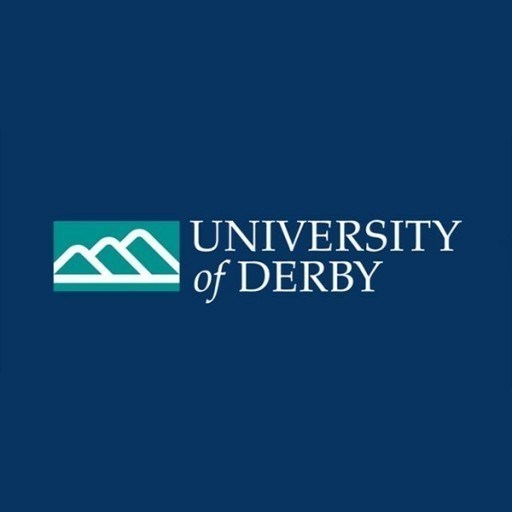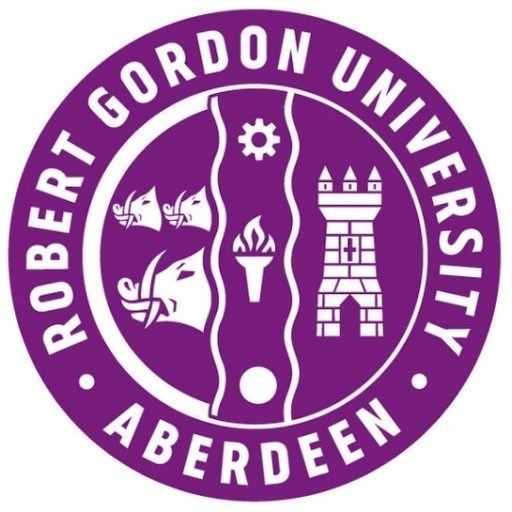Photos of university / #cambridgeuniversity
The Child and Adolescent Psychotherapeutic Counselling Masters degree is part of a B.A.C.P. and U.K.A.P.C. accredited route to becoming a child and adolescent psychotherapeutic counsellor. To become an accredited practitioner candidates are also required to hold the Advanced Diploma in Child and Adolescent Counselling. The increased emphasis on the integration of education, social services and health in the delivery of services to children under the Children's Act 2004, make this route particularly pertinent and valuable, not only to teachers but to a wide range of practitioners within the area.
The four main elements of the route are:
-
The Therapeutic Relationship and Therapeutic Processes
This element explores an integrative approach to the therapeutic relationship. It will include a study of the working alliance, the transferential relationship and the person to person relationship.
-
Professional Issues in Therapy with Children
In these sessions, the key professional, ethical and legal issues surrounding the practice of therapeutic counselling and research on counselling are examined. Since the context of work with children and adolescents is rapidly changing, with increased emphasis on working with other agencies, systems and groups as well as with individuals, it is important to understand different contexts and the different modes of working within them.
-
Understanding Child and Adolescent Development
This element explores the key theoretical frameworks for individual and group development in childhood and adolescence and their implications for therapeutic practices.
-
Developing Children's Social and Emotional Well Being
This element explores how children's social and emotional well being can be developed in proactive and educational, as well as therapeutic, ways.
Learning Outcomes
By the end of the programme students will have:
- Demonstrated a comprehensive knowledge and understanding of the theory and practice of an integrative, relational, developmental and ecosystemic approach to psychological therapy with children and young people;
- Shown abilities and skills to work therapeutically with children and young people;
- Demonstrated a highly developed ethical attitude both in therapeutic practice and research;
- Shown a comprehensive understanding of research techniques, and a thorough knowledge of the literature applicable to their specific topic;
- Demonstrated originality in the application of knowledge, together with a practical understanding of how research and enquiry are used to create and interpret knowledge in their field;
- Shown abilities in the critical evaluation of current research and research techniques and methodologies;
- Demonstrated self-direction, originality and ethical awareness in tackling and solving problems, and acted autonomously in the planning and implementation of research.
Continuing
Students wishing to continue from the MEd in Education to PhD or EdD are required to achieve a mark of 70 or higher for the thesis.
The course is composed of two key elements:
(i) the research methods training course and
(ii) the 'Child and Adolescent Psychotherapeutic Counselling' thematic route.
Teaching time is split between the two elements, with 32 hours of teaching being given to research methods and 64 hours being given to the subject specific content. The course is taught through a mixture of lectures, smaller group seminars and individual supervisions.
| One to one supervision |
4.5 hours (one on one). |
|---|---|
| Seminars & classes |
The course involves 96 hours of face to face teaching for the year. This is made up of a mixture of lectures and small group seminars. Teaching sessions take place in the Faculty, two-three times a week in the Michaelmas and Lent terms. |
| Posters |
In the Easter term students are required to give short presentations with slides about their research. |
- Module 1: The Therapeutic Relationship & Therapeutic Processes
- Module 2: Professional Issues in Therapy with Children
- Module 3: Understanding Child and Adolescent Development
- Module 4: Developing Children's Social and Emotional Well Being
Feedback
Each term, written work is submitted and formative feedback is provided. Informally, feedback is also provided through regular supervisions (three times a term). At the end of each term, supervisors write an on-line report which can be viewed by the student via the Cambridge Graduate Supervision Reporting System.
Assessment
Thesis
The thesis is up to 20,000 words in length and submitted in mid July.
Where a candidate receives a provisional fail mark, an oral examination is required.
Essays
Students following the two year MEd programme are required to submit the following in Year 1:
- Essay 1: 6,000-6,500 words.
- Essay 2: 6,000-6,500 words.
- Magistr (Master's Degree) at Pass level. Diploma Specialista (completed post-1991) with a minimum overall grade of good or 4/5 Bachelor's from Moscow Institute of Physics and Technology and other prestigious institutions with an overall grade of 4/5 Bologna Bachelor's from other institutions with an overall grade of 5/5, Excellent
- Diploma Specialista (completed post-1991) with a minimum overall grade of Excellent or 5/5 Bachelor's from Moscow Institute of Physics and Technology and other prestigious institutions with an overall grade of 5/5
- IELTS (Academic) 7.5
- TOEFL Internet Score 110
- £50 application fee
- First Academic Reference
- Second Academic Reference
- Transcript
- Personal Reference. This is only required if you are applying for the Gates Cambridge Scholarship.
Extra Materials
Please upload on your self service account an essay of no more than 2,000 words, addressing the following questions:
- What is the nature of a therapeutic relationship?
- What are the processes involved in a therapeutic relationship?
- Why is the therapeutic relationship important?
- Global Education
- Gates Cambridge Scholarships








